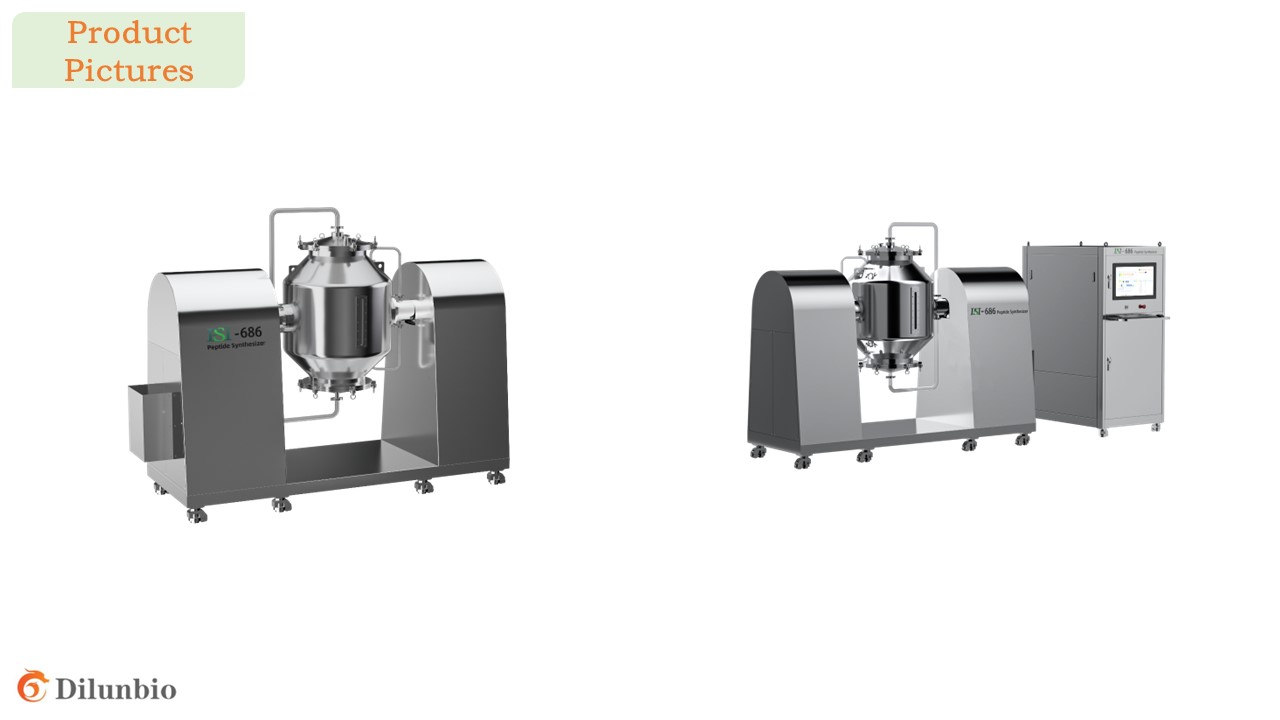Quality control and monitoring of Automatic Peptide Synthesizer
Release Time:2024-03-08
Number of views:1052
Automatic Peptide Synthesizer are widely used in the fields of biochemistry, medicine and drug discovery. Peptide synthesis is a critical step in biotechnology research and drug development, so it is crucial to ensure its quality control and monitoring.
I. Quality control
1. Equipment performance verification
Before use, the equipment should be subjected to comprehensive performance validation, including synthesis efficiency, purity, accuracy and other aspects. By comparing the experiments and standard substances, assess whether the performance indexes of the equipment meet the experimental requirements. For equipment that does not meet the requirements, it should be adjusted or replaced.
2. Operation standardization
Operation standardization is the key to ensure the quality of automatic peptide synthesizer. Operators should be trained professionally and familiar with the working principle, operation steps and precautions of the equipment. In the operation process, they should strictly follow the operation regulations to avoid quality problems caused by improper operation.
3. Raw material quality control
The quality of raw materials directly affects the effect of peptide synthesis. Therefore, the quality control of raw materials should be strictly carried out, including the evaluation of suppliers and the inspection of raw materials. The use of raw materials that do not meet the quality requirements should be prohibited.
4. Process control
In the process of peptide synthesis, key steps should be monitored, such as reaction time, reaction temperature, catalyst concentration and so on. Through the control of process parameters, the quality and stability of peptide synthesis can be ensured.
Quality monitoring
1. Finished product inspection
After the peptide synthesis is completed, the finished product should be tested for quality, including molecular weight, purity, solubility and other aspects. Evaluate the quality of peptide synthesis through the test results, and rework or discard the products that do not meet the requirements.
2. Data recording and analysis
In the process of peptide synthesis, key parameters and testing data should be recorded, and potential quality problems and improvement directions should be found through the analysis of the data. At the same time, data recording also helps quality traceability and problem identification.
3.Regular maintenance and calibration
In the process of long-term use, there may be a decline in the performance of the equipment, the error increases and other problems. Therefore, regular maintenance and calibration of the equipment should be carried out to ensure the stability and accuracy of the equipment.
4. Personnel training and management
The skills and responsibility of operators have a direct impact on the quality of peptide synthesis. The laboratory should strengthen the training of personnel to improve the professional quality and quality awareness of operators. At the same time, personnel should be reasonably managed to ensure the standardization and stability of personnel operation.
The quality control and monitoring of automatic peptide synthesizer is an important link to ensure the quality and stability of peptide synthesis. The quality of peptide synthesis can be effectively improved by strengthening the performance verification of equipment, operation standardization, quality control of raw materials, process control and other aspects.





